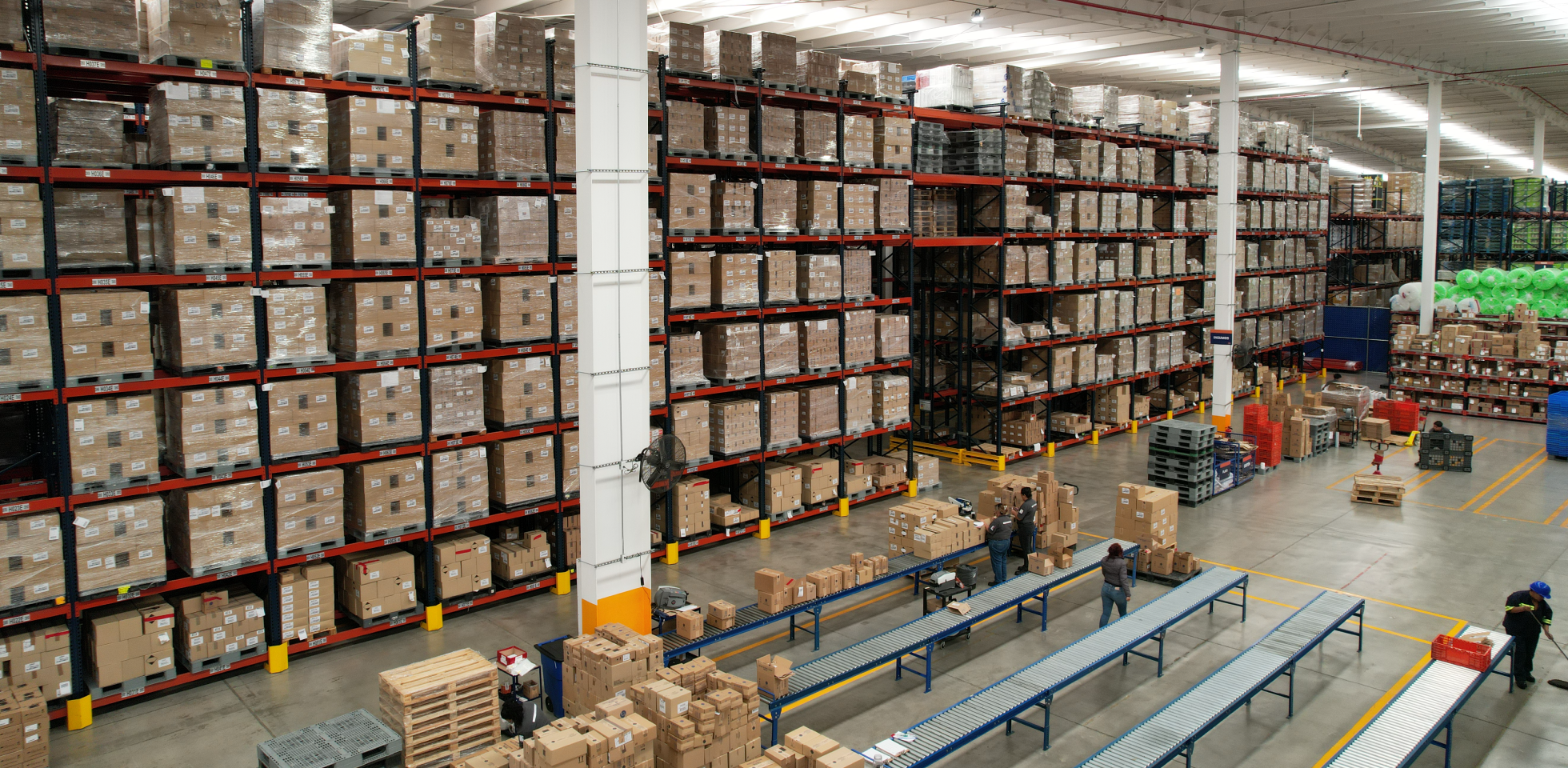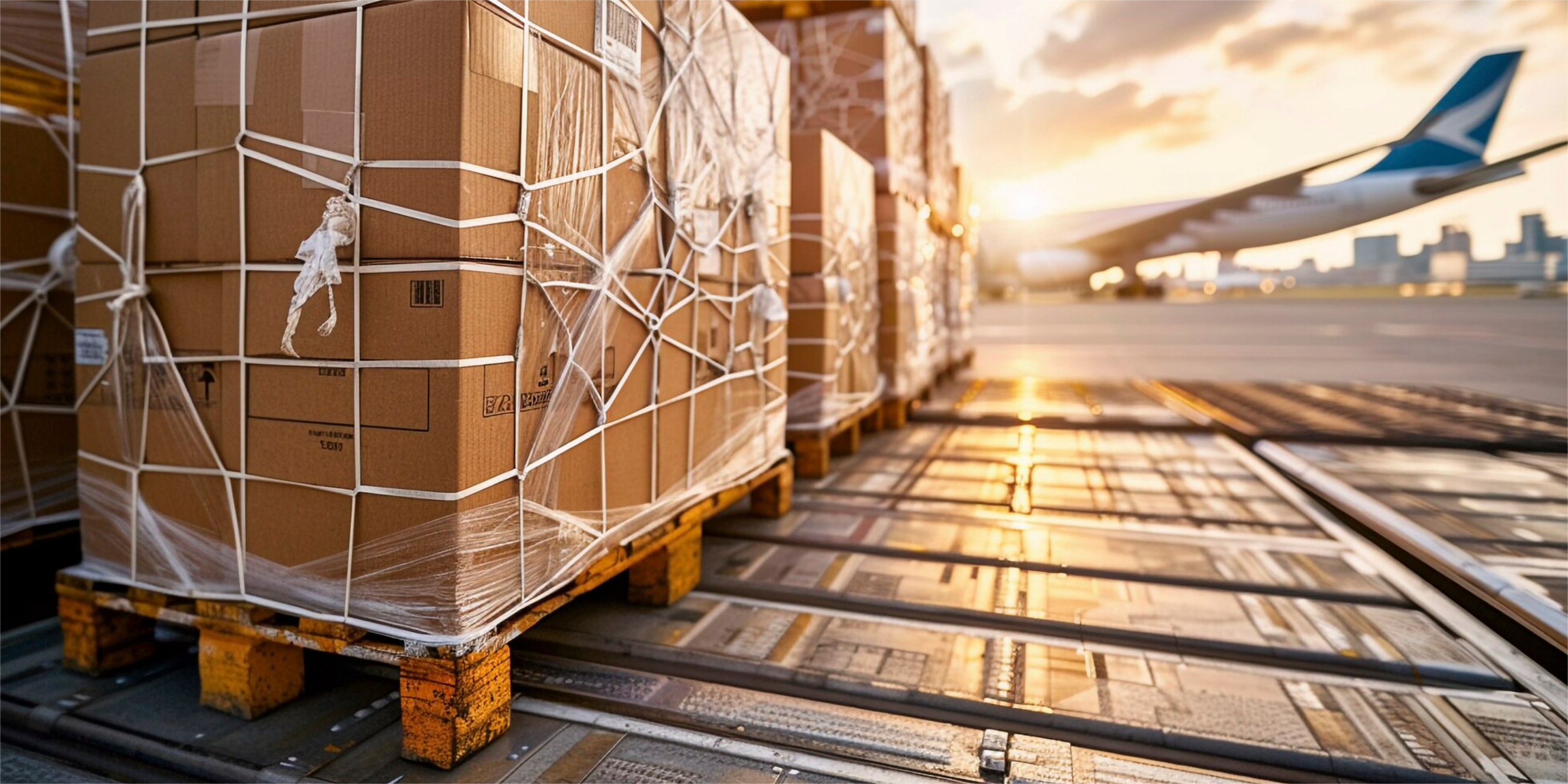Stop for a moment and visualize the pulse of Latin America: millions of products crossing borders, companies navigating, and logistics teams working tirelessly to keep everything flowing smoothly. This is the narrative of a region that is reinventing the way it connects markets and turns challenges into real opportunities.
Latin America is undergoing a revolution that goes beyond numbers and statistics. While companies face global disruptions and geopolitical tensions, the second half of 2025 represents something deeper: a moment when every logistics decision can determine the success of a business.
Latin America is halfway through the year with a logistics landscape undergoing a complete transformation, where every company must answer a fundamental question: are we prepared to lead the change or simply react to it?
When seeing is more than observing
Visibility in the supply chain has gone from being a competitive advantage to becoming a condition for survival. In this region, where infrastructure varies dramatically between countries, where political changes can alter trade routes overnight, and where natural phenomena are part of everyday life, having tools that anticipate, redirect, and adjust has become essential.
Tracking platforms have undergone a remarkable transformation this year. It is no longer just about knowing where your cargo is; it is about understanding what might happen before it happens. The most prepared companies have adopted an approach that combines tactical visibility for day-to-day operations with strategic insight to build the future. (News - Infobae)
AI thinks with you
Generative artificial intelligence did not arrive to replace human judgment; it arrived to enhance it. In 2025, this technology is changing how we think about logistics, acting as an intelligent companion that processes information at speeds impossible for the human brain, but which always needs human wisdom and experience to make the right decisions.
From route optimization that takes distance and weather patterns into account, to inventory management that accurately anticipates seasonal demand, AI is changing every aspect of the supply chain. What's most incredible is how it is facilitating the shift from reactive models to proactive approaches, where decisions are made before problems arise.
Generative AI is enabling companies to analyze large data sets and generate actionable insights, supporting smarter and faster decisions. But what really matters is how this capability translates into tangible results: fewer errors, greater efficiency, and ultimately more satisfied customers. (News - Maersk)
True story
A food company was experiencing a logistical nightmare: late deliveries, frustrated customers, and a team worn down by constantly being in crisis mode. The situation had reached a critical point where every day lost meant additional costs and the erosion of business relationships built over years.
The transformation was profound. Through comprehensive data analysis and intelligent process reengineering, they managed to reduce distribution times by 40%.
The real triumph went beyond the numbers: they regained their customers' trust, reduced their team's stress, and transformed their operation from a constant headache into a competitive advantage. (Blog - Solistica)
This story illustrates something fundamental: technology without the human factor is just a tool; but when combined correctly, they can create transformations that change lives and businesses.
Smart Customs
Customs processes are undergoing their own digital revolution, driven by the need to navigate a complex regulatory landscape. Protectionism, tariff structures, and the regulatory complexity that characterizes international trade today have forced a complete rethinking of these systems.
The most visionary companies are investing in digitization and intelligent data management, transforming what were once bureaucratic obstacles into operational advantages. Integrated platforms and specialized internal capabilities have become critical to navigating this new landscape. (News - Maersk)
Technologies of the future living in the present
Today, the technologies that are transforming logistics have great disruptive potential. Digital twins allow you to experiment with operational changes in a virtual environment before implementing them in reality.
Collaborative robotics is restructuring warehouses, creating synergies between humans and machines that enhance the strengths of both. Thus, predictive analytics based on Big Data is giving companies an almost prophetic ability to anticipate changes in demand. (Blog - Solistica)
Three pillars for building the future today
As we navigate the second half of 2025, the most successful companies are focusing their efforts on three key areas that determine operational success:
Smart forecasting
Planning has evolved beyond historical data. Leading organizations integrate AI to analyze complex variables: economic indicators, geopolitical tensions, and seasonal patterns. This predictive capability transforms uncertainty into strategic confidence for growth.
Decentralized inventories
Physical proximity creates emotional connection. By distributing storage across multiple strategic locations, companies achieve faster responses and create delivery experiences that truly matter.
Mindset of continuous improvement
Successful companies cultivate their most valuable asset: the human factor. They invest in ongoing training and create cultures where identifying opportunities for optimization becomes part of the organizational DNA. Continuous improvement is an operating philosophy.
Navigating the current turbulence
The current situation presents specific challenges that require immediate attention. In Colombia, delays in Buenaventura are creating a domino effect that extends all the way to Cartagena. Costa Rica faces challenges from the rainy season, while Honduras struggles with congestion in Puerto Cortés, where wait times exceed 12 hours.
Each of these challenges tells a different story, but they all share something in common: they require solutions that combine advanced technology with a deep understanding of the local context. (News - Maersk)
The time to act is now
The second half of 2025 is a window of opportunity for companies that are willing to lead change. Latin American logistics is at a turning point, and the decisions you make today will determine your competitive position tomorrow.
The companies that will thrive are those that understand that digital transformation, real-time visibility, and intelligent automation are present realities that are already defining the regional logistics landscape.
Discover at www.solistica.com how to transform logistical complexity into your greatest strength. Because every great transformation begins with a conversation.






